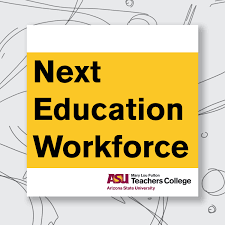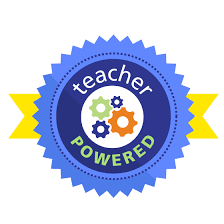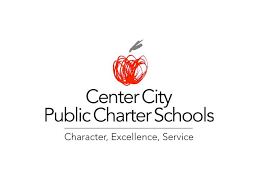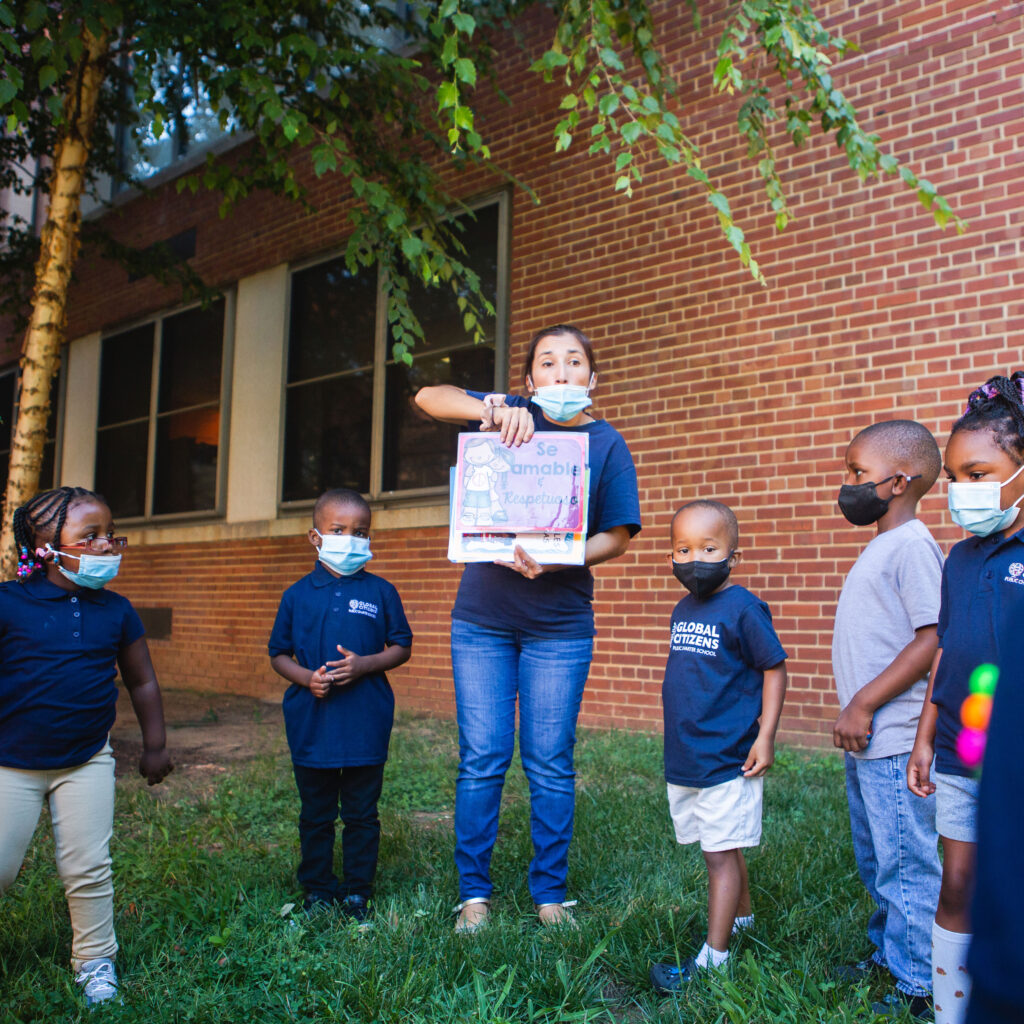Transforming Teaching
Today’s teachers are isolated, under-respected, overburdened, and mired in a rigid system ruled by the bell. They are also the single most important school-based factor in student learning and success. DC schools need to consider transforming the teacher role to set up teachers—and their students—for success.
District and LEA leaders can pull school system levers—hiring, curriculum, schedules, technology, use of space, etc.—to redesign current systems, creating teaching roles that are more attractive and sustainable and more likely to contribute to students’ success.
CityBridge knows DC schools cannot go through the arduous process of redesign alone. We commit to co-design, coordinate, and fund 50 school-level design projects to transform teaching over the next five years.
CityBridge supports LEA and school leaders interested in transforming teaching through the following programs:







